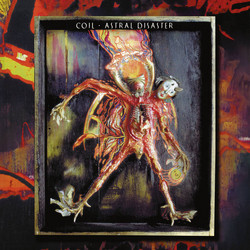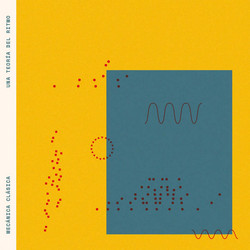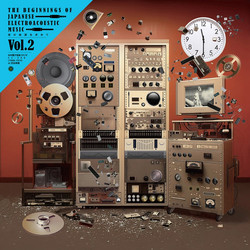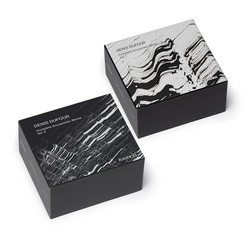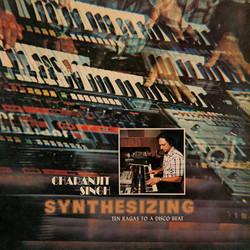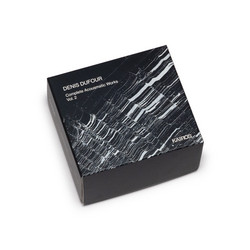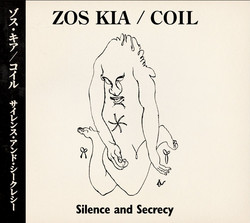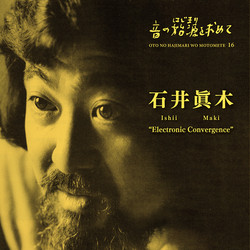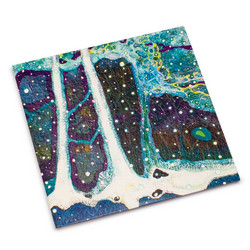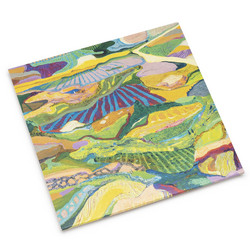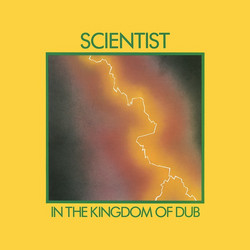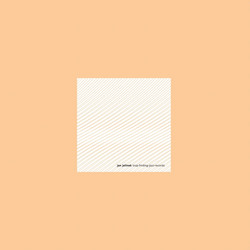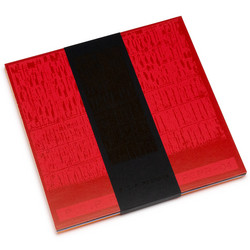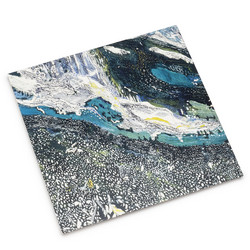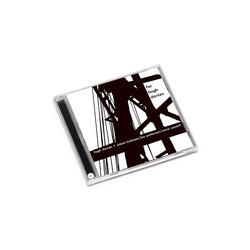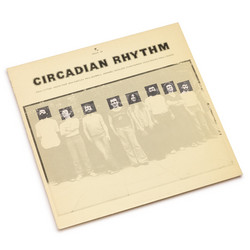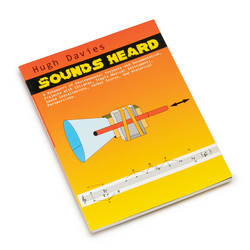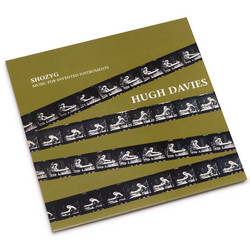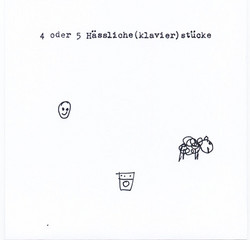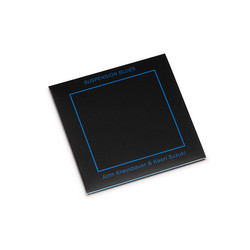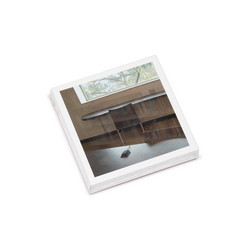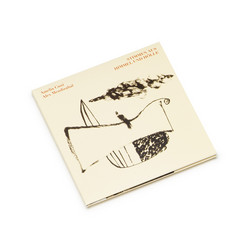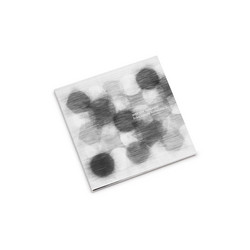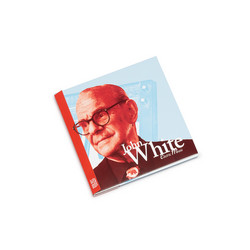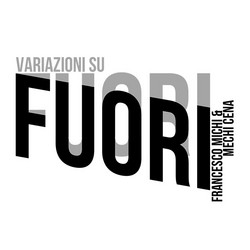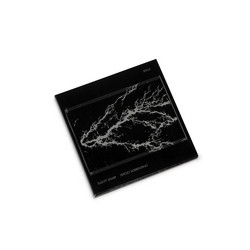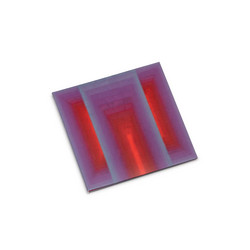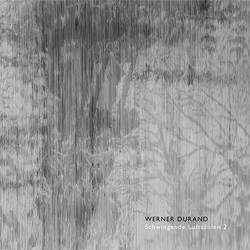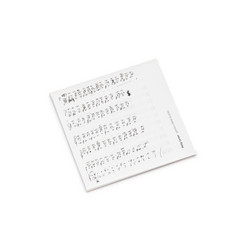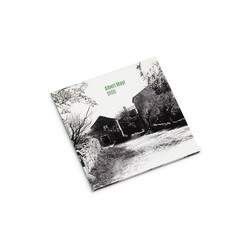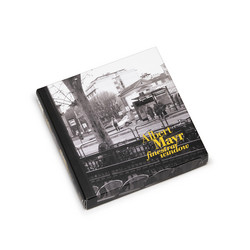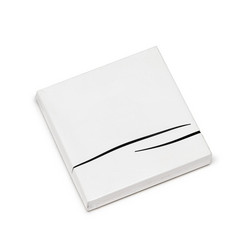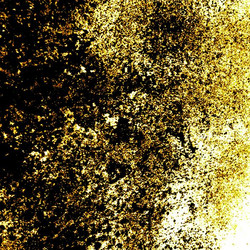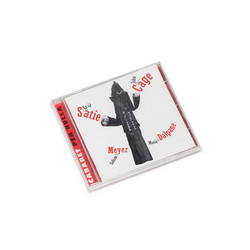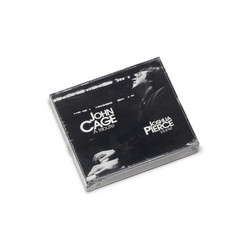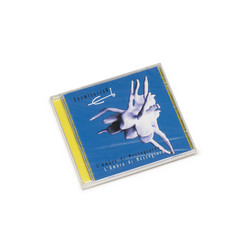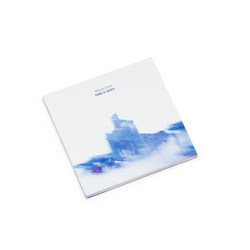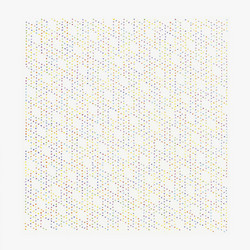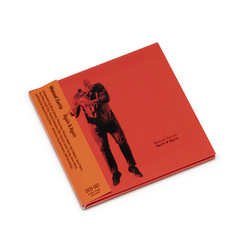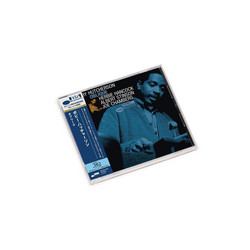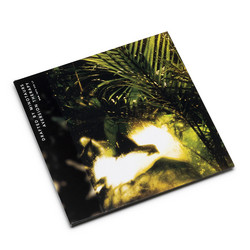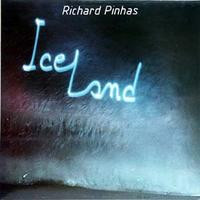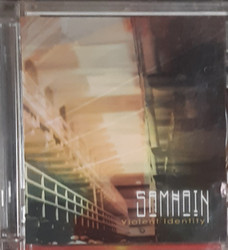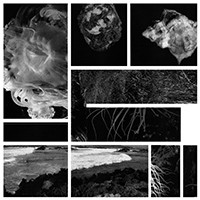Hugh Davies was one of the masters of contemporary experimental music. His tireless search for musical invention and his historical accuracy led him to explore different fields in music. This one is a selection of his lesser known electronic pieces, that he choose to represent his own approach to the matter. Now that he’s not more with us this collection remains as an outstanding picture of his creativity in music. In the broader sense, as he was used to do. 16 pages booklet with liner notes by Hugh Davies and David Toop.
Hugh Davies (23 April 1943 – 1 January 2005) was a musicologist, composer, and inventor of experimental musical instruments. After attending Westminster School, he studied music at Worcester College, Oxford from 1961 to 1964. Shortly after he traveled to Cologne, Germany to work for Karlheinz Stockhausen as his personal assistant. For two years, he assembled and documented material for Stockhausen's compositions and was a member of his live ensemble. From 1968 to 1971 Davies played in the Music Improvisation Company. The group's guitarist Derek Bailey later wrote that "the live electronics served to extend the music both forwards and backwards (...) Davies helped to loosen what had been, until his arrival, a perhaps too rarified approach". He was also a member of the group Gentle Fire, active from 1968 to 1975, which specialised in the realisation of indeterminate and mobile scores, as well as verbally formulated intuitive-music compositions (such as Stockhausen's Aus den sieben Tagen) and in the performance of its own Group Compositions. Davies invented musical instruments that he constructed from household items. Among them was the shozyg, a generic name he used for any instrument housed inside an unusual container. The name is derived from the first of such instruments, which was housed inside the final volume of an encyclopaedia (covering the subjects from SHO– to ZYG–).
From the 1960s onwards Davies made very significant contributions to the documentation of electronic music history, and in 1968 published a catalogue in which he listed - ostensibly - all the works of electronic music ever composed worldwide. It has been argued that, through his research and documentation, Davies characterised electronic music for the first time as a truly international, interdisciplinary field.
